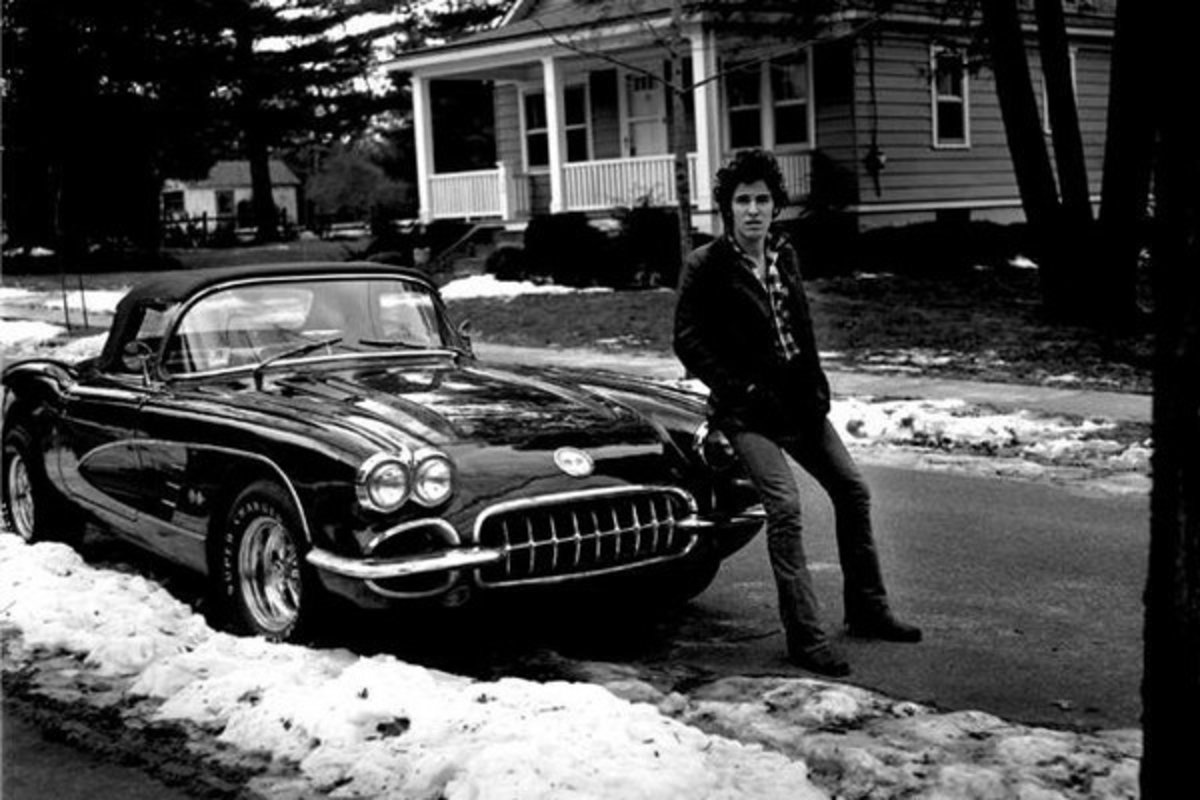
This essay links trips in Bruce Springsteen’s memoir, Born to Run, to rambles in Russell Banks’ Book of Jamaica, Michael Ventura’s Night Time, Losing Time, and Richard Meltzer’s The Night (Alone). It also takes in riffs in Meltzer’s reportage and recordings–including Springsteen’s (out of the archives though still under the radar) Hammersmith Odeon, London ’75–that soundtrack passages in Born to Run. But foundational things first: the book of Bruce comes out of Jack’s so this tour starts with…
